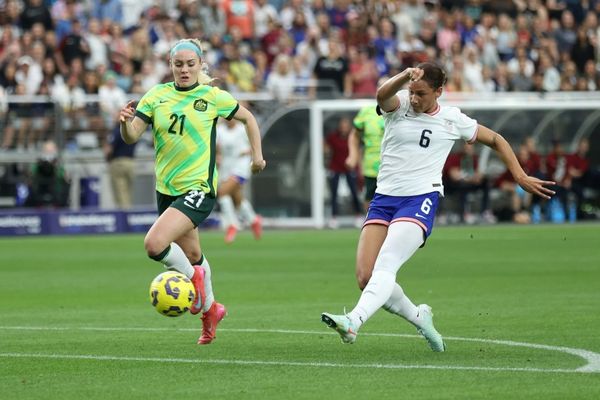The Canadian Conference of Catholic Bishops says it wants to be transparent about fundraising to support reconciliation efforts and has named Indigenous directors to oversee the money.
The Canadian bishops made a commitment last year to raise $30 million in up to five years. The Catholic Church was under pressure to properly compensate survivors under the Indian Residential School Survivor Agreement after it was reported that less than $5 million had been raised out of a $25-million goal.
Bishop William McGrattan, vice-president of the Canadian Conference of Catholic Bishops, said the bishops are committed to a path of healing and transparency. But, he added, they understand it must also demonstrate transparency and accountability. Having Indigenous oversight will help achieve that, McGrattan said.
"The Indigenous experience and voice is critical for us as Catholics and Canadians to understand the path we need to take," he said in Calgary.
Chief Wilton Littlechild, a residential school survivor, is a lawyer who was a commissioner for the Truth and Reconciliation Commission of Canada. He is to be one of the directors of the church's Indigenous reconciliation fund.
Giselle Marion, a Tlicho lawyer in the Northwest Territories, and Rosella Kinoshameg, a nurse from Wikwemikong Unceded First Nation Territory who is part of the Catholic bishop's Indigenous council, will also be directors.
McGrattan said some dioceses in the country have already begun their fundraising campaigns and more are expected to start in coming weeks. He added it is a way for Catholics to be truly honest and understanding of how the church's history has affected Indigenous people.
"We have to go forward and we have to find a path to healing," he said.
The Canadian Conference of Catholic Bishops said in a news release Friday that there will be four priorities when distributing the money: healing and reconciliation; culture and language revitalization; education and community building; and dialogues for promoting Indigenous spirituality.
The fund is to publish annual reports and be subject to an audit by an independent accounting firm each year, they said.
The bishops said in the news release that there was "considerable disappointment" with the previous fundraising campaign tied to the residential school agreement. The Canadian Conference of Catholic Bishops said it was not party to that agreement but learned lessons from and "recognized shortcomings" in that campaign.
Individual churches and dioceses formed a corporation in 2006 and made three commitments: a cash payment of $29 million, in-kind services with a value of $25 million and a "best efforts" campaign to raise $25 million over seven years for healing and reconciliation.
The "best efforts" campaign came up with less than $4 million.
The federal government took the church to court, but a Saskatchewan judge ruled in 2015 that the Catholic Church had met its legal and financial obligations.
The federal government did not appeal the ruling, a decision that has also faced scrutiny.
"The Bishops of Canada are fully committed to addressing the historical and ongoing trauma caused by the residential school system," Bishop Raymond Poisson, president of the Canadian Conference of Catholic Bishops, said in a news release.
"In moving forward with our collective financial commitment, we will continue to be guided by the experience and wisdom of Indigenous peoples across the country."
Criticism of the Catholic Church's role in residential schools re-emerged last year after unmarked graves were found at the sites of former schools.
An estimated 150,000 First Nations, Inuit and Métis children were forced to attend residential schools. More than 60 per cent of the schools were run by the Catholic Church.
Pope Francis said last year he is willing to visit Canada. Indigenous leaders have said any trip must come with an apology for residential schools.
A planned Indigenous delegation to the Vatican to meet with the Pope in December was delayed because of the spread of the Omicron variant of COVID-19.
The Indian Residential Schools Resolution Health Support Program has a hotline to help residential school survivors and their relatives suffering trauma invoked by the recall of past abuse. The number is 1-866-925-4419.
This report by The Canadian Press was first published Jan. 28, 2022.
Kelly Geraldine Malone, The Canadian Press







